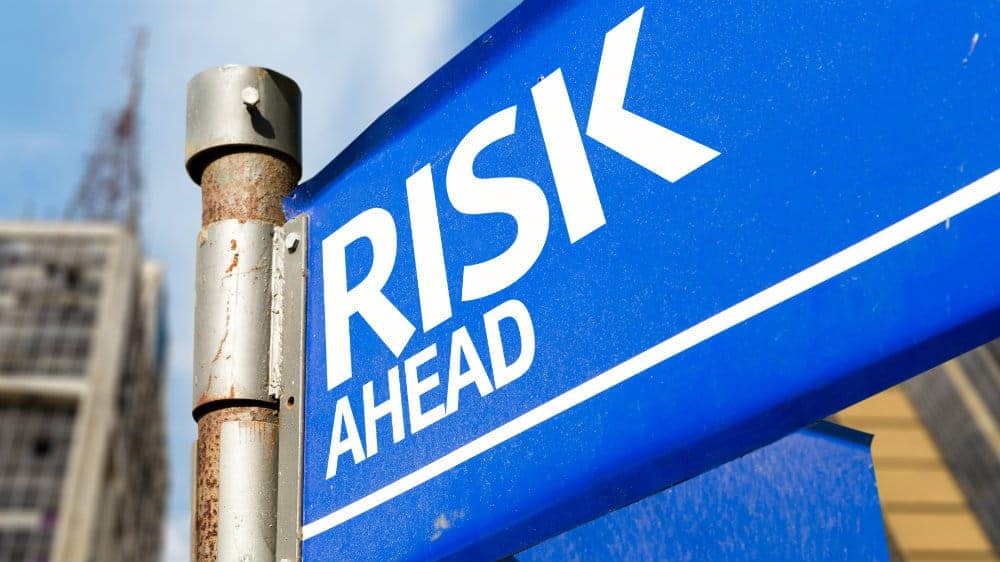In the COVID-19 era, scams are everywhere. From regular credit card fraud all the way to sophisticated hacking schemes, most forms of fraud have been on the rise. With many Canadians out of work and desperate for help, the pickings have been ripe for scammers. If you don’t know what methods scammers use to target you, you can’t protect yourself. With that in mind, here are the three top COVID-19 scams to look out for, according to the Canada Revenue Agency (CRA).
Fake contact tracing
Fake contract tracing is a scam where someone will contact you, say they’re doing COVID-19 contact tracing, and demand your personal info. In fact, they are not a government official, but a scammer after your money.
There are two ways this scam can harm you. First, the scammer may email you a link which, if clicked, will stuff your computer with malware. Second, they may demand your credit card info, which could be used to make false charges.
Benefit fraud
Benefit fraud is where somebody uses your personal info to apply for EI or CRA recovery benefits and diverts the money to themselves. You don’t directly lose money from this scam, but you could be denied CRA benefits if you legitimately need to apply. To avoid this scam, make sure you don’t give out your personal info to anybody–especially not your SIN.
Fake products
The fake products scam is pretty simple. A scammer sets up an online store claiming to sell COVID-19 products like hand sanitizer or masks. After you buy them, they simply take your money and don’t give you the goods. This is probably the easiest COVID-19 scam to avoid. All you have to do is make sure you only buy from vendors you trust, and don’t order from sites you’ve never bought from before.
How to protect your money
As we’ve seen in this article, there are many ways to lose your money in the era of COVID-19. Between fake CRA scam calls and fake vendors, there’s more than one trap you can fall into. Fortunately, there are also pays to protect your money. By investing your money in tax sheltered accounts like a Tax-Free Savings Account (TFSA), you can grow your money — not watch it disappear.
Some of the best investments to make are index funds. Offering built-in diversification and expert management, they’re among the best investments for new investors.
Consider the iShares S&P/TSX Capped Composite (TSX:XIC) fund, for example. It’s a mega-diversified index fund that holds about 250 Canadian stocks. What this extreme diversification means is that your risk of loss is dramatically reduced. Holding lots of stocks reduces what we call “unsystematic risk”–a big component of total risk.
By reducing your risk in this way, ETFs like XIC lower the chance that you’ll lose your shirt. And the fees you pay in return for this extra safety–0.06%–are miniscule.
It’s simply a great way to put your money to work for you. And if you get some U.S. funds in the mix–like the Vanguard S&P 500 Index ETF–you increase your diversification even further. A full-fledged portfolio consisting of nothing but index funds could perform very well over the long term. And any money you’re investing long term is money you won’t be free to hand over to scammers.









